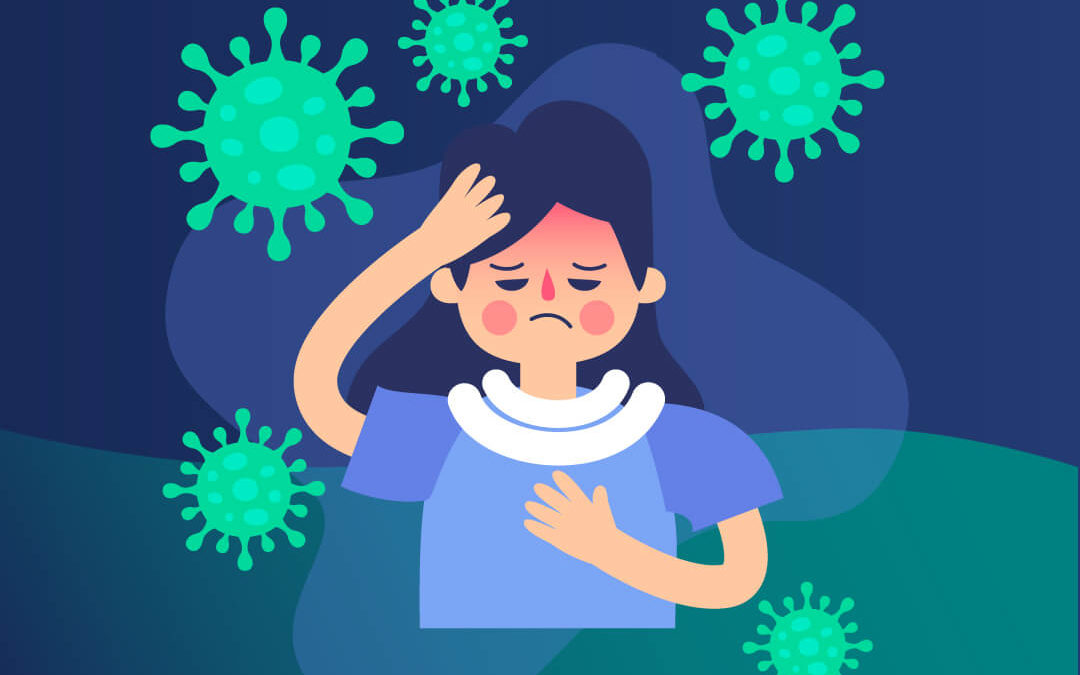A new study recently published in the Endocrine Society’s Journal of Clinical Endocrinology & Metabolism has been all the rage in today’s medical field, eventually leaking up the mainstream, which is now ever hungry for medical information in current times.
Since the beginning of the pandemic, solutions, reasons or connections have been sought between what can make a person more susceptible to catching the virus, and what to do to improve the body’s defenses, to avoid getting infected at all costs.
Many studies began with researching nutrients and how to better protect the body against external harm. Which eventually developed into research about nutrient deficiencies.
All nutritional deficiencies should be avoided and treated, but lately, a group of scientists, researchers, and doctors studied the Vitamin D status in a large group of Covid-19 patients at the Hospital Universitario Marqués de Valdeilla in Spain.
Could Vitamin D deficiency be linked to the spread, or infection, of the Sars-Cov-2 virus? Let’s find out.
Why Vitamin D?
Vitamin D is one of the essential nutrients the body needs to properly function and can be found daily in many important processes, such as regulating Calcium, and Phosphorus, as well as many other bodily processes that positively impact and facilitate the proper functioning of the Immune System.
Due to this, Vitamin D has been proven to be important for the growth and development of bones and teeth, but perhaps more importantly now, Vitamin D is vital for the creation and improvement of defenses against diseases and infections.
Applied Study
The core of the study was that 80 percent of 216 of Covid-19 patients at the aforementioned hospital, were found to have Vitamin D deficiency; with men having lower levels of Vitamin D in their bodies than women.
Some of the Covid-19 patients with lower Vitamin D levels also showed higher serum levels of inflammation markers, such as ferritin and D-dimer, relating, even more, the deficiency to the severity of the symptoms and disease.
Vitamin D has recently been found to play an important role in the modulation of the immune and inflammation systems, by regulating the production of inflammatory proteins segregated by the immune system, as well as inhibiting the proliferation of pro-inflammatory cells.
Another study connects the low levels of Vitamin D in the body with the severity of the Covid-19 virus in patients, who may experience poor outcomes like:
- Acute respiratory distress syndrome
- Need for care in an intensive care unit
- Severe Covid-19
- And even mortality.
“One approach is to identify and treat vitamin D deficiency, especially in high-risk individuals such as the elderly, patients with comorbidities, and nursing home residents, who are the main target population for the COVID-19,” said study co-author José L. Hernández, Ph.D., of the University of Cantabria in Santander, Spain.
Comorbidities such as diabetes, hypertension, and obesity are already linked to lower levels of Vitamin D in the body, according to Dr. Hans K. Bielsalski, from the University of Hohenheim, who has already thoroughly written about the matter.
And this statement correlates to the previously mentioned study, which states that people with Vitamin D deficiency, have a prevalence of cardiovascular disease and hypertension, lower immune defenses, and have to stay longer in hospitals due to viruses.
Hopeful Forecast
While much research is still needed to fully understand the connection between Vitamin D and the Sars-Cov-2 virus, for a conclusion to be made about the subject, there is already evidence of the Immune-support qualities of Vitamin D and how beneficial it is for the overall health to get enough of this nutrient.
José L. Hernández, Ph.D., stated that: “Vitamin D treatment should be recommended in COVID-19 patients with low levels of vitamin D circulating in the blood since this approach might have beneficial effects in both the musculoskeletal and the immune system.”
And while there is no absolute evidence that taking supplements can help prevent Covid-19, it is recommended by the Endocrine Society to obtain the recommended dosage of Vitamin D daily, due to its importance for the maintenance and strengthening of the Immune System.



